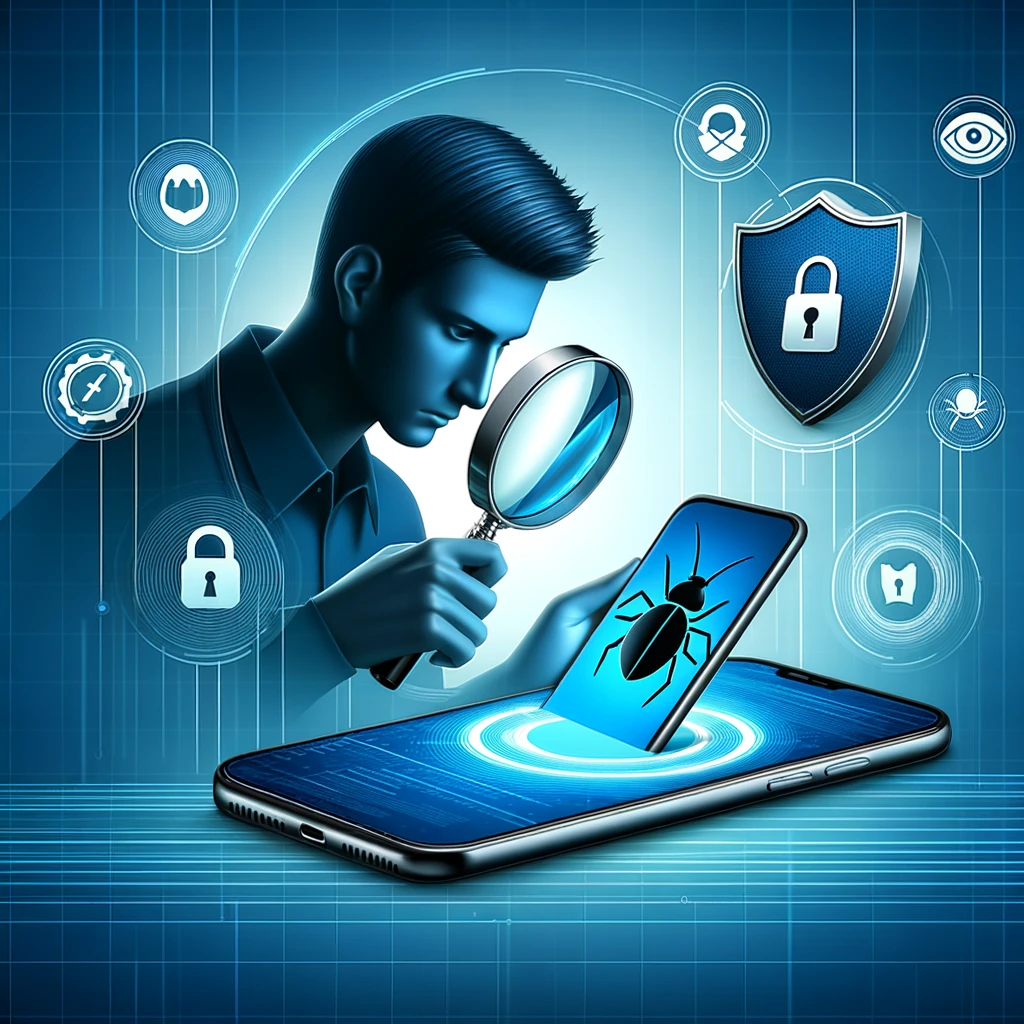In an age where our smartphones are extensions of ourselves, ensuring the privacy and security of these devices is paramount. iPhones, renowned for their robust security features, are not immune to threats posed by unauthorized tracking and spying software. This article delves into the nuances of protecting your iPhone from such intrusions, offering practical steps to maintain your digital sovereignty.
The Risk Landscape
Spyware and tracking software can be discreetly installed or injected into iPhones through various means—ranging from physical access to the device to phishing attacks. Once installed, these malicious tools can monitor your conversations, track your location, and even access your personal data without your consent.
Identifying the Signs
Be on the lookout for:
- Unusual Battery Drain: Spyware can run in the background, leading to faster battery depletion.
- Increased Data Usage: Unexplained spikes in data usage might indicate spyware transmitting data from your device.
- Unexpected Behaviour: The iPhone acting erratically or displaying unfamiliar apps could be a sign of unauthorized access.
Steps to Protect Your iPhone
1. Regularly Update iOS
Apple frequently releases updates to iOS that address security vulnerabilities. Always ensure your iPhone is running the latest version of iOS to benefit from these protections.
2. Enable Two-Factor Authentication (2FA) for Your Apple ID
2FA adds an additional layer of security, making it harder for attackers to gain access to your Apple ID, which is central to iPhone privacy.
3. Use Strong, Unique Passwords
Secure your iPhone and Apple ID with strong, unique passwords. Avoid using easily guessable information like birthdays or common words.
4. Be Cautious of Links and Attachments
Phishing attacks often use links or attachments to install spyware. Be skeptical of unsolicited emails or messages, even if they appear to be from trusted sources.
5. Restrict App Permissions
Regularly review the permissions granted to apps, particularly those accessing your location, microphone, camera, and contacts. Only allow necessary permissions to apps you trust.
6. Install Apps from the App Store Only
The App Store has strict app review processes to minimize the risk of spyware. Avoid installing apps from unknown sources.
7. Disable Siri on Lock Screen
Siri, while helpful, can provide information from your iPhone when accessed from the lock screen. Disable this feature in the settings for added security.
8. Enable ‘Find My iPhone’
While designed to locate a lost iPhone, ‘Find My iPhone’ can also help secure your device if it’s lost or stolen, allowing you to remotely lock or erase your device.
9. Consider Using a VPN
A Virtual Private Network (VPN) can protect your online activities from being monitored, especially when connected to public Wi-Fi networks.
Key Takeaways and Action Steps
- Update iOS: Keep your iPhone’s operating system up to date to protect against security vulnerabilities.
- Strengthen Your Apple ID: Enable two-factor authentication and use strong, unique passwords for your Apple ID and iPhone.
- Exercise Caution: Be wary of links, attachments, and unsolicited messages to avoid phishing attacks.
- Audit App Permissions: Regularly review and restrict app permissions to minimize access to personal data.
- App Store Only: Download apps exclusively from the App Store to reduce the risk of installing spyware.
- Secure Siri and ‘Find My iPhone’: Adjust settings for Siri and enable ‘Find My iPhone’ for added security measures.
- Use a VPN: Consider using a VPN to encrypt your internet connection and protect your online activities.
By adopting these practices, you can fortify your iPhone against unauthorized tracking and spying, ensuring that your personal information remains secure. Remember, the cornerstone of digital security is vigilance—regularly review and adjust your security settings to navigate the digital world with confidence and peace of mind.
